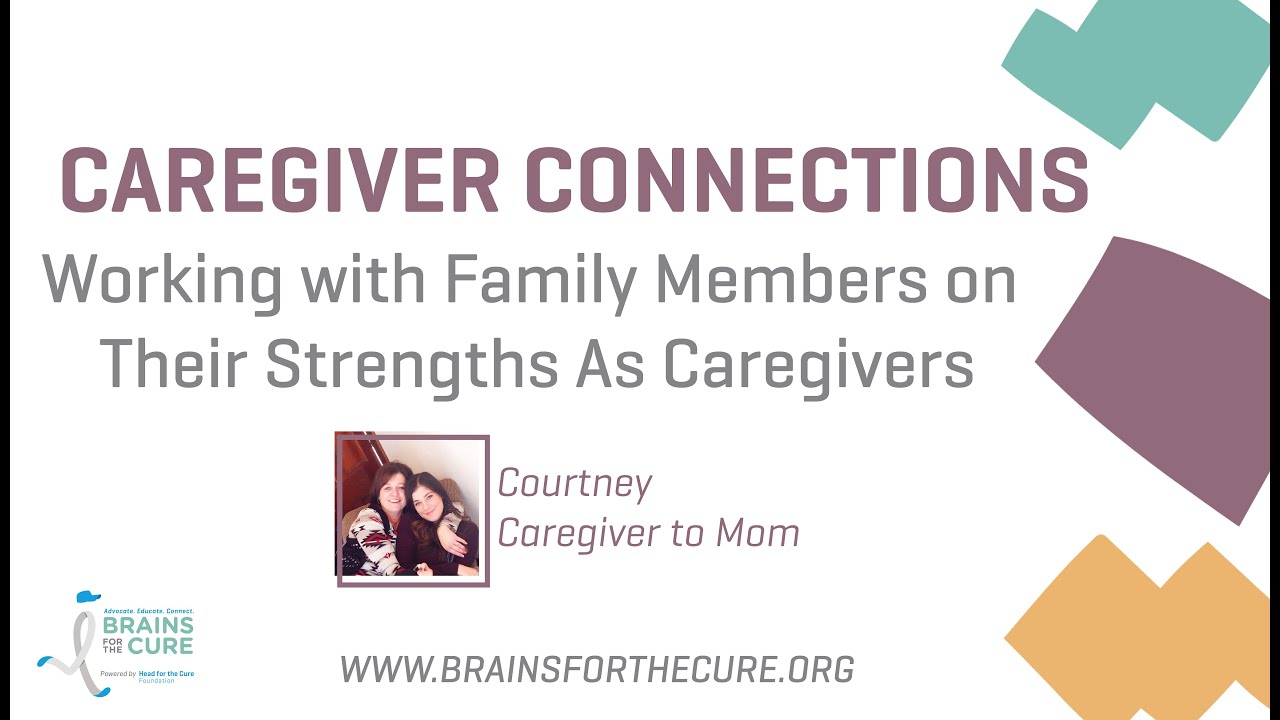Balancing Act: Navigating Caregiving Obligations
April 11, 2024
Caring for a loved one with a brain tumor is a deeply rewarding yet challenging role that requires caregivers to balance a multitude of responsibilities. From providing physical care and emotional support to managing household tasks and navigating medical appointments, caregivers often find themselves juggling numerous obligations. In this article, we explore practical strategies for caregivers to maintain balance and prioritize their well-being while caring for a brain tumor patient.
Understanding Caregiving Obligations:
Physical Care:
- Caregivers may be responsible for assisting with activities of daily living, such as bathing, dressing, and feeding.
- Administering medications, managing symptoms, and monitoring vital signs are also common tasks.
- Mobility assistance, such as transferring the patient from bed to wheelchair, may be necessary, along with ensuring safety at all times.
Emotional Support:
- Caregivers play a crucial role in providing emotional support and companionship to brain tumor patients.
- Listening attentively, offering reassurance, and validating feelings are essential aspects of emotional caregiving.
- Addressing fears, anxieties, and concerns with empathy and understanding can help alleviate emotional distress for both the caregiver and the patient.
Household Management:
- In addition to caregiving duties, caregivers often find themselves managing household responsibilities, such as cooking, cleaning, and grocery shopping.
- Keeping track of appointments, organizing medical records, and communicating with healthcare providers are also vital tasks.
- Balancing household chores with caregiving duties requires effective time management and prioritization.
Prioritize Self-Care:
- Caregivers must prioritize their own well-being to avoid burnout and maintain their ability to provide care effectively.
- Schedule regular breaks, engage in activities that promote relaxation and stress relief, and seek support from friends, family, or support groups.
- Recognize the importance of self-care as an integral part of the caregiving journey.
Establish Boundaries:
- Set realistic expectations and boundaries with family members, friends, and healthcare professionals regarding caregiving responsibilities.
- Learn to say no when necessary and delegate tasks to others when possible to avoid feeling overwhelmed.
- Communicate openly about your needs and limitations to ensure a balanced approach to caregiving.
Utilize Support Systems:
- Take advantage of available support systems, including respite care services, support groups, and online forums for caregivers.
- Reach out to family and friends for assistance with caregiving tasks, emotional support, or simply to provide a listening ear.
- Seek guidance from healthcare professionals, social workers, or counselors who can offer resources and support tailored to your needs.
Practice Effective Time Management:
- Prioritize tasks based on urgency and importance and break them down into manageable steps.
- Create a schedule or calendar to organize caregiving duties, appointments, and personal activities.
- Be flexible and adaptable to changes in the caregiving routine, and don’t hesitate to ask for help when needed.
Foster Open Communication:
- Maintain open and honest communication with brain tumor patients about their needs, preferences, and concerns.
- Foster a supportive and collaborative environment where both caregiver and patient feel comfortable expressing their thoughts and feelings.
- Address conflicts or misunderstandings proactively and seek solutions together as a team.
Balancing caregiving obligations while caring for a brain tumor patient requires patience, resilience, and self-awareness. By prioritizing self-care, establishing boundaries, utilizing support systems, practicing effective time management, and fostering open communication, caregivers can navigate their role with greater ease and maintain their well-being throughout the caregiving journey. Remember that caregiving is a shared responsibility, and seeking help when needed is a sign of strength, not weakness.
